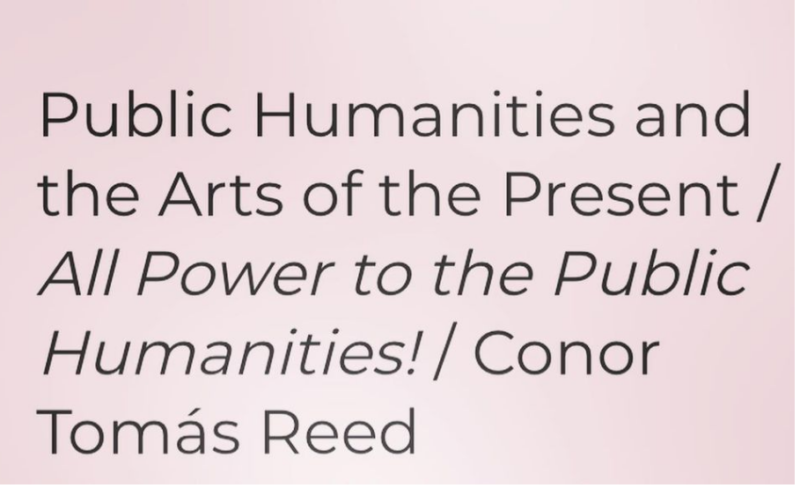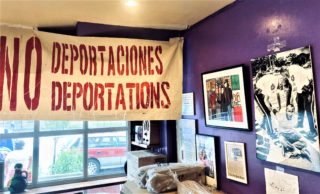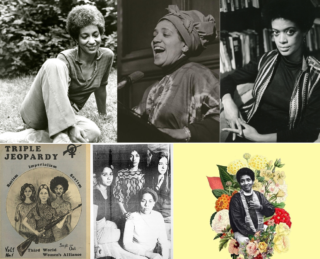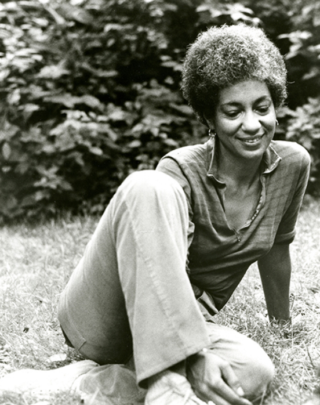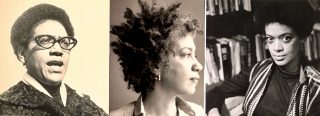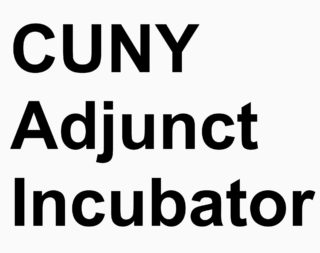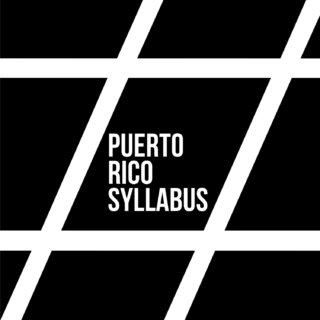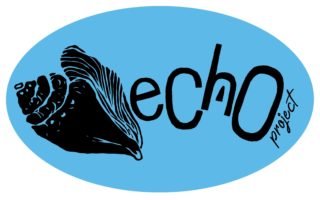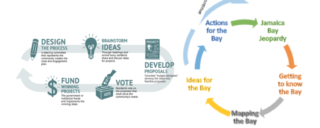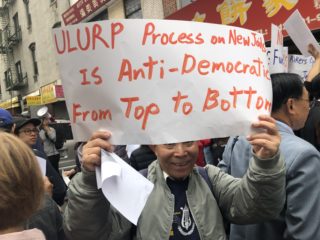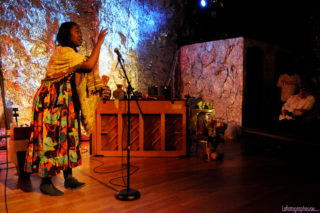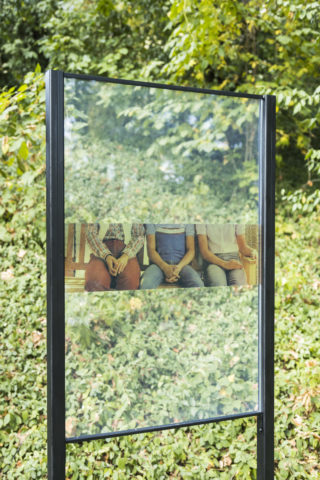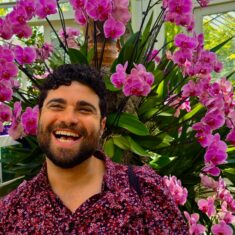December 14, 2021
Read scholar-organizer, collaborator and Lost & Found editor Conor Tomás Reed's article All Power to the Public Humanities! in ASAP Journal as part of the series "Public Humanities and the Arts of the Present" co-edited by Maryam Parhizkar, Kyle C. Frisina, and Adena Rivera-Dundas, which highlights several projects and ongoing work supported by The Center for the Humanities, which you can read about in the excerpt below, and in Conor Tomás Reed's full article published here.

"Through a brief review of several recent cultural/political initiatives inside and adjacent to the City University of New York (CUNY), I want to highlight what occurs when people commit to vitally reconfiguring an urban learning institution instead of abandoning it as a lost cause or allowing it to be co-opted. These activities occurred during the volatile period of the Covid-19 pandemic that exacerbated inequalities in NYC, and after the renewed Black Lives Matter mobilizations to defund and abolish the police, the largest racial justice movement seen in decades that galvanized an array of anti-racist demands by students, faculty, and staff to transform CUNY. I signal to these projects because they show an emerging ecosystem of community-oriented arts/pedagogies/actions whose relationships and resources are essential pre-conditions to deeper uprisings. I hope that from them readers in other contexts can gain inspiration.
- The Center for the Humanities at The Graduate Center, CUNY is astutely funding adjunct research projects, broad inquiries into movement poetics and counter-cultures, and action-oriented seminars on Puerto Rican decolonization, climate justice, participatory budgeting, and beyond.
- Nov 2020–Jan 2021: The online residency “Radiating Black~Puerto Rican~Feminist Studies from the City University of New York to the Americas and the Caribbean” that I curated with Wendy’s Subway
and several CUNY institutions featured public dialogues on the lives of
Toni Cade Bambara, June Jordan, and Audre Lorde; stories of how CUNY
movements created Open Admissions and Ethnic Studies; and present
efforts to decolonize CUNY and New York City.
- April 15, 2021: For a national “Debt Reveal” Day launched by Debt Collective and Labor Notes’
Public Higher Education Workers (PHEW), the CUNY Adjunct Project and a
Professional Staff Congress (PSC-CUNY) union chapter shared an in-depth presentation with infographics
on how the university pays off debts by raising tuition and expanding
adjunct labor, creating a system of racist extraction of students of
colors while starving its faculty and staff.
- May 14, 2021: For a national Abolition May
campaign, CUNY and NYC groups held a “Cops Out of CUNY!” tour through
multiple campuses, Central Park, and the CUNY Police headquarters.
Testimonies by the Bronx Student Strike Committee, Brooklyn College Anti-Racist Coalition, CUNY for Abolition and Safety, Free CUNY,North Bronx Collective, NYC 4 Abortion Rights, Rank and File Action (RAFA), and Save Center for Puerto Rican Studies “Centro” Coalition
called for campus policing to be abolished, and for its tens of
millions of dollars budget to be reinvested in free tuition, Ethnic,
Gender, and Sexuality Studies, childcare, housing, and food (infographics here for circulation).
- Also in May 2021, during Israel’s eviction sweep and asymmetrical bombing of Gaza, a flurry of CUNY statements in solidarity with Palestine and the Boycott, Divestment, Sanctions (BDS) movement emerged, followed by an exceptional September speakers’ series that linked CUNY to broader transnational struggles.
- Fall 2021 food and land sovereignty initiatives are being led by CUNY and community organizers, who are growing “Archives in Common” to spotlight undocumented immigrant health and mutual aid efforts, and created a “Land Back” zine by the North Bronx Collective that interviewed multiple community gardens that were locked out during Covid-19.
Almost two years ago, when the global health crisis imposed physical distance between us, our institutions, and each other, a deus ex machina opportunity called the entire status quo into question, including how and why we practice education. As we in the U.S. reconverge—while many parts of the world are still denied access to vaccinations by the Global North, and hospitals continue to be deluged—we can continue to hold aloft a fundamental reconception of our social priorities. In part, this entails identifying and rooting our work in the strategic spaces where both radical cohesion and experimentation are brewing. Even if the existing powers that be didn’t intend public humanities to be a runway for revolutionary change, our campuses and communities can pivot its directions—not to escape or equivocate, but to embrace these institutions and cities under our collective control."
-Conor Tomás Reed
